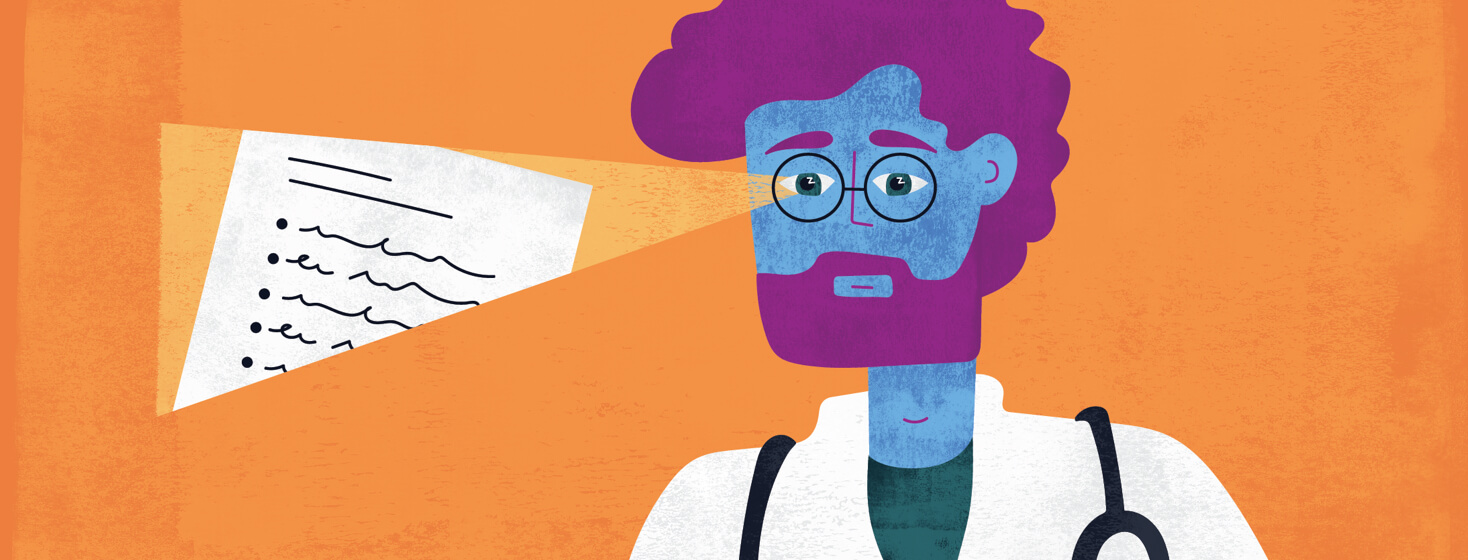Through the Eyes of a Sleep Tech
I have been a sleep technologist for more than 11 years. I think I have performed more than 2,000 sleep studies. Yet I have never been through one. I hope I never have to.
But what if I did need one? What would I bring? What questions would I ask? How would I prepare? In this sleep article, I’ll answer a few of these questions and more.
Educating myself
Is it important to educate yourself before a sleep study? I think so. The more knowledge you have about sleep apnea, the less time you’ll spend trying to convince yourself you’ll be fine without CPAP.
Not only that, but the better you know the topic, the more specific questions you can ask your technologist. I would also educate myself on how the CPAP treats sleep apnea. This is where I would start if I were doing a sleep study.
How would I prepare for the sleep study?
In order to make sure my sleep study goes well, I would do a few things during the day to ensure the sleep study goes well. And, way more importantly, that I sleep well. “Like what?" you might ask. Multiple things:
- I would avoid caffeine on the day of my sleep study. I wouldn’t want caffeine to keep me awake at night.
- I would avoid naps. Why? For the same reason I wouldn’t drink caffeine. There’s a greater chance I will not sleep well the night of my sleep study. Along with avoiding caffeine, I would also avoid sleeping in.
- I would avoid exercise right before going in for the sleep study. To be clear, I would exercise earlier in the day, but not right before. I would want my body to start settling down versus charging up.
- I would check with my insurance to make sure the test has been approved and also check if I owe any sort of percentage or co-pay.
What would I bring to the sleep study?
To reveal part of who I am, I have a tendency to be an over-packer. But since I have seen thousands of sleep studies done, I think I would pack accurately since I know what’s important.
I would bring a few essentials, nighttime medications, and pajamas. I know that’s it. That’s all I would need. Now, if I struggled to see, hear, or breathe, I would also bring hearing aids, glasses, and oxygen.
A few more items I would bring would be toiletries, a book, and a laptop. The sleep study procedure usually provides a little downtime as you wait for bedtime.
What questions would I ask?
I would ask a few questions if I were the patient:
- The first question I would ask: Is there a chance I may go on CPAP tonight? If the answer were yes, I would ask a follow-up question.
- My follow-up question would be this: Can I try on a few masks prior to the start of my sleep study?
- My third question would be about sleep apnea and the CPAP mask. Now assuming I had researched sleep apnea and the CPAP mask, I would ask specific questions about what I didn’t understand.
- My fourth question would be on the timeframe of when I’ll get the results of my sleep study.
Did you find my article helpful regarding things you might try to ensure a better sleep study? Please leave your comments below.

Join the conversation